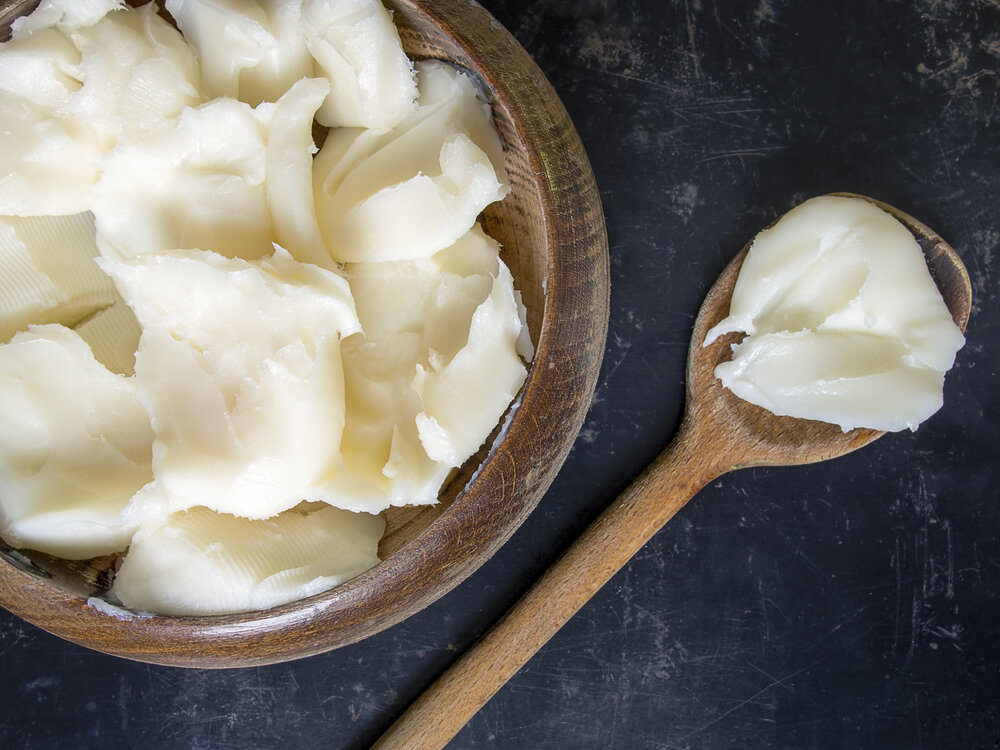How To Choose the Best Eggs
A few weeks ago my husband and I were whipping up some veggies and eggs for breakfast. We finished off one carton and started digging into the second, cracking the eggs into a bowl. What a stark contrast! Eggs from one carton had flattened into low, pale-yellow yolks with thin, runny whites. The eggs from the other carton looked “perkier.” The yolks had more height and were golden, almost orange. The whites looked thick, milky-white, and just more appealing.
I double-checked the dates on the cartons, and they were both fresh, organic, and free-range. I thought the eggs I had purchased were similar. So what made the difference? What DO all of those labels mean on an egg carton? Is it worth the extra two or three dollars to get the most expensive variety?
Protein: Do You Know What’s On Your Plate?
Whether you’re an omnivore, vegetarian, vegan, or pegan (paleo-vegan), protein is essential for your optimal health and wellness. Protein builds muscle, gives you energy, and keeps your blood sugar stable!
Sounds good, right?
While the promise of protein is great, there’s a lot that can go wrong when it comes to protein intake. Where and how you get your protein matters, and this article will explore that – and a whole lot more.
Let’s dive in.
Chicken: Why Pasture-Raised Is Better
Fried, broiled, braised, or grilled: chicken is the world’s favorite meat. But is it really the healthiest?
Most of us eat a lot more chicken than we used to as its popularity has grown significantly over the years. In 1960, Americans consumed an average of about twenty-eight pounds of chicken per person each year, and that number has steadily risen with each passing year. Estimates for 2021 show us favoring this meat to the tune of ninety-eight pounds per person each year – more than triple what it was just 60 years ago!
Is that a good thing? Well, as I often say, it depends. And one of the main things it depends on is how those chickens are raised.
So let’s explore how most chickens are raised, why it matters, and how it affects your nutrition. In the end, I hope you’ll want to pay an extra five dollars to buy a pasture-raised chicken.
All About Animal Fats
Fats can make or break your meal.
Quality cooking fats will embrace the flavors you introduce them to: fragrant, fresh-picked rosemary, spicy Thai peppers, pungent black mustard seeds. They carry flavors into all the nooks and crannies of your stir fry, lamb roast, and cranberry scones. Fats are a metabolism-boosting, nutrient-dense macronutrient. They nourish you deeply, from brain to microbiome, and help you feel satisfied at the end of a meal. And, they taste amazing. And, they taste amazing.
But how do you choose a quality cooking fat? Does it need refrigeration once it’s opened? What kind of storage container is best?
The ABCs of Oils
How are edible oils made? How long do they last? If you’ve ever found yourself wondering which oils are best and which to avoid, this article is for you!
The delicious oils within nuts, seeds, and even some fruits can be teased out through pressure, heat or solvents. Most plant oils will be refined in some way. The more refined they are, the less nutrient-dense the oil will be. This is important to know when selecting which oils to consume. So, we’ll start off with looking at extraction and processing...
Why You Need More Omega-3
Omega-3’s are the oils your immune system craves.
There are 4 classifications of fats, each made of fatty acids: Saturated, monounsaturated, polyunsaturated and trans fats. Within the polyunsaturated fat family, there are 3 subsets: omega-3, omega-6 and omega-9. (All those names and numbers just signify how the fat molecules are structured.)
Omega 3’s and 6’s are called “essential fatty acids,” because they have to be part of your diet or taken as supplements— they are vital to cellular health.
Know Your Fats: Lipid Lexicon for Everyday Eating
Most of us grew up thinking fats weren’t safe. Make no mistake, heart disease is real, but the problem is more nuanced than whether or not we eat fat.
Still, we have questions: Do some fats raise cholesterol, and is that always a bad thing? Which fats are good for health and which are not? Before answering those questions, let’s cover some basics.
How to Choose the Very Best Olive Oil
Is it good to buy virgin olive oil?
What does extra virgin mean anyway? And is it worth the extra cost?
There’s more to buying a great bottle of olive oil than meets the eye. And with a few tips, you’ll know which are the most desirable oils and which ones to avoid.
Sugar, Fiber, Starch. What’s a Carbohydrate?
Who doesn’t love the taste of carbs? Rice, pasta, oatmeal, crackers, muffins, potatoes—there’s something super satisfying about these crunchy, chewy, starchy foods. And carbs seem to grant you superpowers: energy, clarity, motivation, even happiness.
What is it about carbs that draws us in, makes it hard to stop, and keeps us coming back for more?
Hydration and the Art of Infusions
Hiking, running, biking, swimming—it’s easy to get dehydrated in the summer! After all, water is crucial for health and longevity. It’s the most essential nutrient in your body, required by every cell in your body—all 30 trillion. And water is part of the fluid in your blood as well as the spaces in between your cells! Your brain and heart are almost 75% water, while your lungs are 83% water. Even your bones contain water—about 31%. All in all, your body is about 55-60% water.
So, what’s all this water doing in your body?










